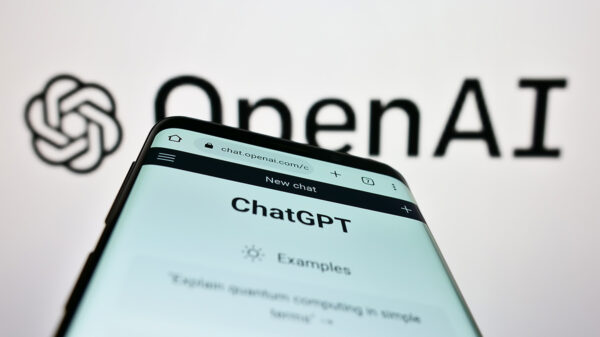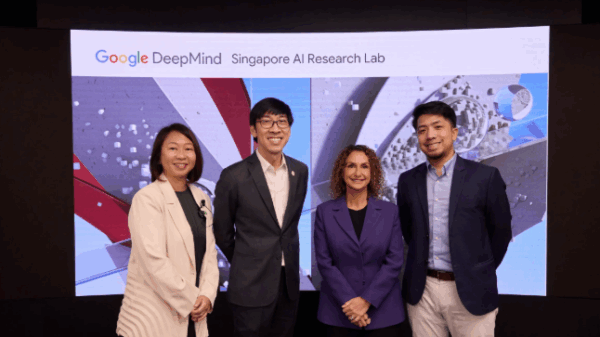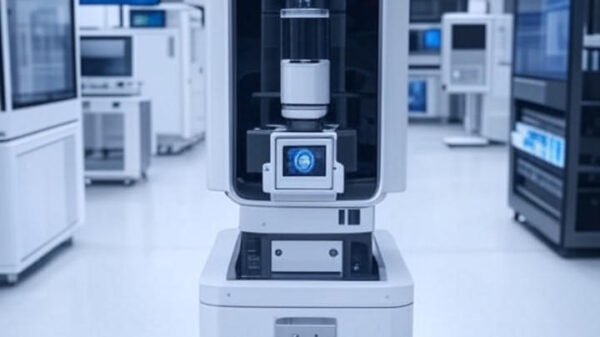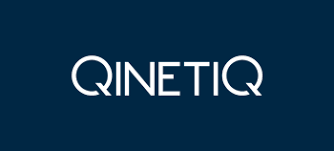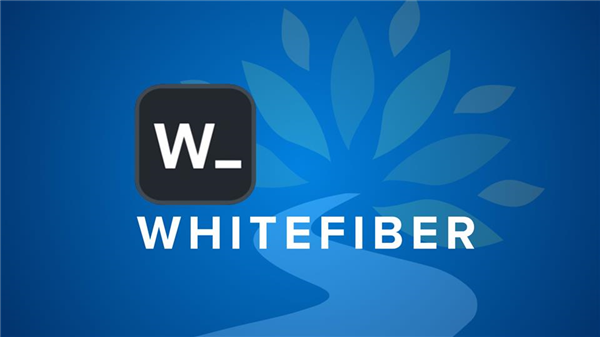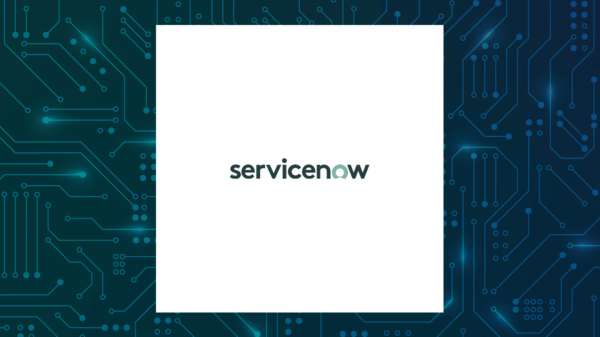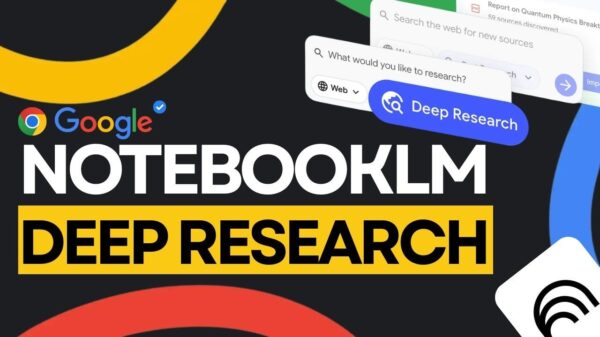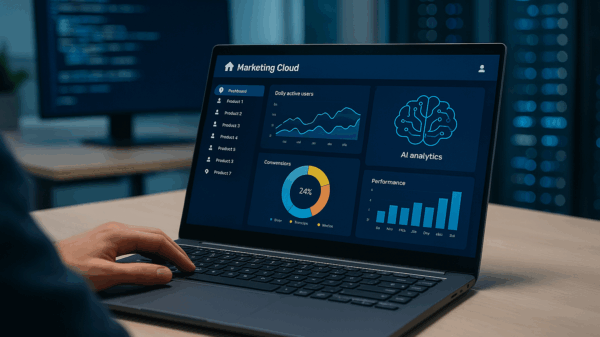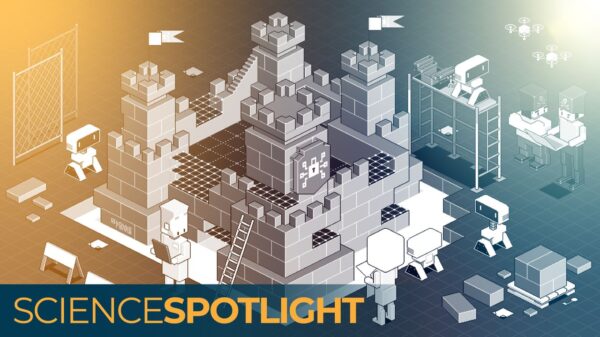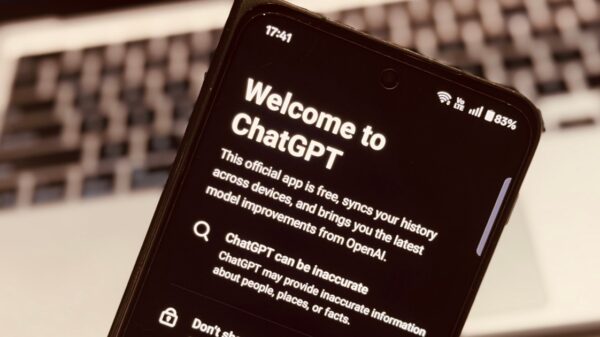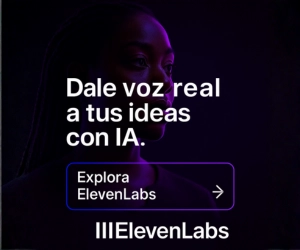In a landscape where educators continuously seek innovative solutions for special education, a new AI platform named Dysolve emerges as a promising contender. Developed by clinical linguist Dr. Coral Hoh, CEO of EduNational LLC, Dysolve aims to enhance language-processing skills specifically for students grappling with dyslexia and related reading challenges.
According to the National Institutes of Health, between 5% and 10% of Americans encounter dyslexia, a learning disability that impairs reading, writing, and comprehension. In an exclusive discussion with The Center Square, Dr. Hoh emphasized the necessity of leveraging a specialized form of artificial intelligence to tackle these reading difficulties effectively. “I think people need to realize that there are different types of AI, and sometimes, like in our case, it is essential. Without it, the problem cannot be resolved,” she stated.
The effectiveness of Dysolve is currently being assessed through the Dysolve Randomized Field Trial, facilitated by the University of Delaware’s Center for Research in Education & Social Policy. This trial includes approximately 480 students from grades 3 to 8, who are participating as part of a supplemental reading intervention. Preliminary findings reveal that the gains achieved by the Dysolve group were 33% larger than those of the control group, although researchers noted that this difference was “marginally significant” at the 90% confidence level.
Dysolve operates on a subscription-based model, costing around $200 per month. Subscribers gain access to a dashboard, where they can engage in customized interactive verbal games for 15 minutes a day. Feedback from parents has been encouraging; for instance, Tember Heft, a mother of three children who previously struggled with reading and writing, reported significant improvements in her children’s abilities. “Dysolve helped their processing speeds and their ability to read and retain the necessary information,” she noted.
See alsoAccess Denied: GDPR Enforcement Blocks EU Users from Major AI PlatformEchoing the importance of literacy, California Governor Gavin Newsom, who has been open about his own dyslexia, has called for enhanced literary support throughout the state. “There’s not a day that goes by when my dyslexia is not exposed,” he remarked during a recent event unveiling his Golden State Literacy Plan at Clinton Elementary School in Compton. Although his office did not respond to inquiries regarding Dysolve, his emphasis on literacy underscores the relevance of such tools in educational frameworks.
At the federal level, officials have also recognized the potential of AI in education. U.S. Secretary of Education Linda McMahon recently asserted that artificial intelligence “has the potential to revolutionize education and support improved outcomes for learners,” highlighting its capacity to enhance personalized instruction, albeit while necessitating clear guidelines for ethical use. The department’s latest AI guidance follows a directive from former President Trump aimed at expanding AI education initiatives for American youth. However, the Department of Education did not comment on the Dysolve program.
As schools navigate the integration of new technologies, Dr. Hoh acknowledges the mixed emotions surrounding such advancements. “I think it is hard to suppress a new technology only because, by definition, technology expands our capacity to do something. But it also makes sense to observe and see what kind of guidelines you should have in there, and how it should be used,” she explained.
The North Ridgeville City School District in Ohio is among the districts currently utilizing Dysolve AI, although they did not respond to requests for comment regarding their experiences with the platform. As educational institutions grapple with the implications of integrating AI technologies, platforms like Dysolve could play a critical role in addressing the unique challenges faced by students with dyslexia and other reading disorders.


